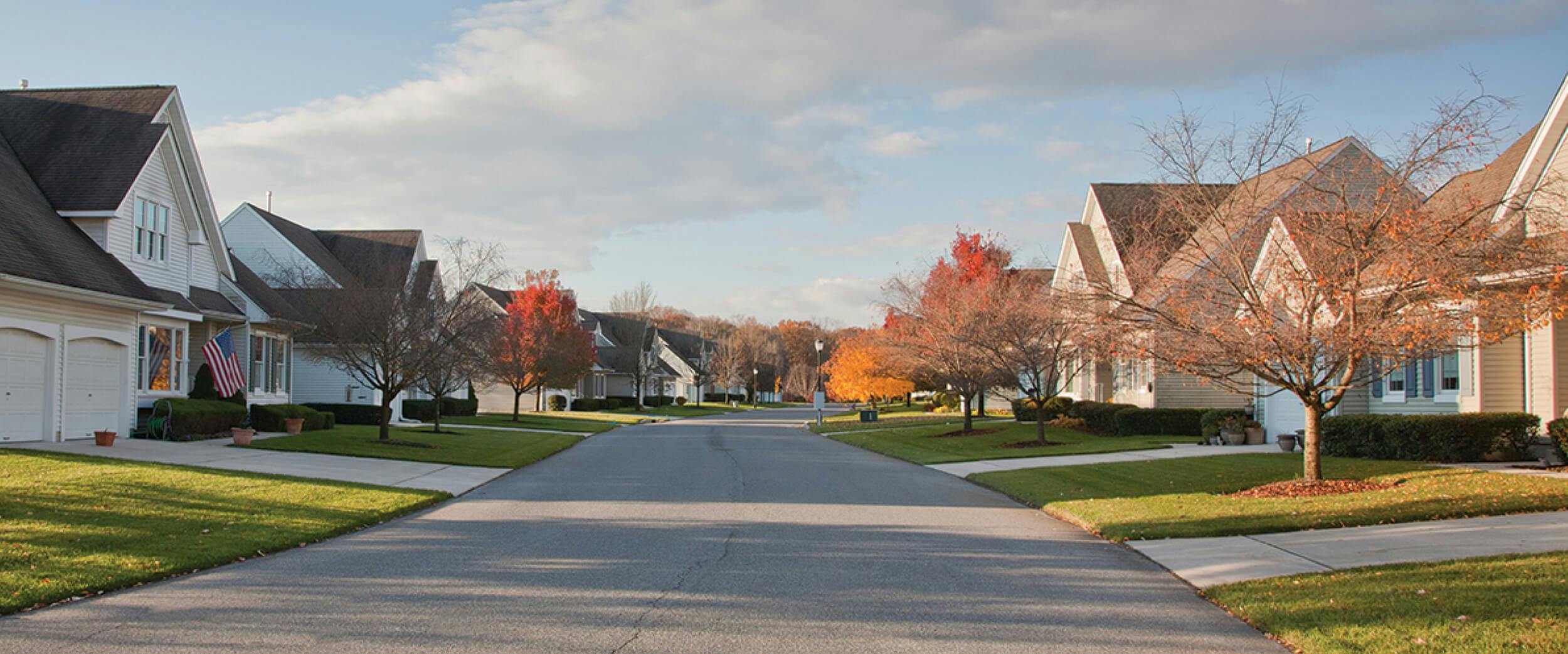
The potential dangers of toxic mold have received lots of attention, and there is still much controversy about the extent of those dangers. Most state and local authorities haven't addressed mold issues directly. What does this mean for the landlord? Lots of uncertainty.
There are Few Clear Guidelines About Mold
Few jurisdictions have clear rules about landlord responsibilities for mold, partly because the health impacts are uncertain. There is no federal law, and only a handful of states and cities have addressed the issue directly (states include California, Indiana, Maryland, New Jersey, Texas; cities include New York and San Francisco). Without clear guidance, landlords may mistakenly assume they can't be held liable for tenant damages caused by mold.
Juries Have Awarded Damages for Mold
In 2001, mold got a lot of attention: a jury awarded a family in Texas $32 million for their insurer's failure to cover repairs for water damage, which led to the growth of toxic mold. On appeal the award was dropped to $4 million plus interest and attorneys' fees. Juries in other states have also awarded damages for mold, causing many insurance carriers to drop mold coverage from their policies. Mold has made the real estate and property management industries nervous: after all, if an insurance company can be successfully sued for not properly covering water damage, a property owner could also be sued for failing to disclose the presence of mold and a landlord could be sued for failing to repair water problems that caused mold.
The Warranty of Habitability
Although there is no law or regulation directly addressing mold, landlords can still be held liable for mold problems under the warranty of habitability, which requires landlords to keep their properties "livable." This includes fixing leaks and other water or moisture problems. Mold can't grow without moisture, so if the failure to fix a leak caused a mold infestation that damaged a tenant's property or health, the landlord could be liable for damages.
Tips for Landlords
Dealing with mold may seem difficult when there are no clear guidelines to follow. Despite the uncertainty, you can minimize your risk.
Check insurance coverage: Check your policy, its limitations and exclusions to see if you are covered. Immediately notify your insurer of mold claims, regardless of coverage.
Consider requiring a mold inspection in the lease: Requiring the tenant to pay for a mold inspection by a certified "industrial hygienist" could protect you from claims that you knowingly rented an "uninhabitable" (because of mold) housing unit. Some attorneys suggest a lease provision releasing the landlord from mold-related liabilities; however, many courts would likely find that language void and against public policy.
Require tenants to immediately notify you about water damage, broken dehumidifiers, condensation, etc: If tenants failed to notify you about a leak or other water issue that they were aware of, then you will have a defense if they later try to claim that you are liable for resulting damages.
Require tenants to carry renters insurance: If their property is damaged by mold, tenants should make a claim with their insurers.
Be proactive in maintaining your property: Mold can't grow without moisture. Preventive maintenance minimizes the opportunities for mold growth. Regularly inspect for leaks in windows and roofs, water staining, and moisture and condensation (including in the HVAC system). During inspections take note of mildewy, musty odors, and look for mold and fungus. Resolve any issues promptly.
Respond quickly and appropriately to tenant complaints: If a tenant reports a mold or moisture problem, have the property inspected by a professional (ideally a "certified industrial hygienist" willing to add you as an additional insured under their insurance policy). Make sure any mold is removed and remediated consistent with Environmental Protection Agency mold guidelines. Always document inspections, repairs, and remediation. And always follow up with the tenant to make sure the problem was fixed.
Compensation for Damages Caused by Mold
If your tenants want compensation for damages caused by mold, consider consulting an attorney about your obligations based on your specific situation. Generally, you can't be held liable for damage to tenants' property or health unless you knew or should have known about the problem—that's why preventive maintenance and responding quickly to complaints are so important. However, if you knew there was a water problem or mold infestation, and you failed to have it repaired, your tenant may have a strong claim for damages.
Tenant Relocation Due to Mold
Tenants who have to temporarily relocate due to a mold infestation or remediation may have an argument that they should not pay rent for the time they were unable to use their rental, or that the landlord should pay for hotel and other expenses resulting from having to vacate their home. Be aware that if you refuse to compensate tenants for these expenses you could be taken to small claims court (if the damages are less than a certain amount), or be sued in regular court.
The Important Points: Preventive Maintenance, Immediate Repairs, & Prompt Remediation
Be proactive. A preventive maintenance program, including regular inspections, should help you avoid mold problems. If you are aware of a water or mold issue, address it effectively and immediately, using experts (if necessary), and documenting your actions.
This information should not be considered legal advice. Keep in mind that state and local jurisdictions have different laws and rules. Always check the rules and regulations in your area and consult an attorney before changing your lease agreements or taking any action.
